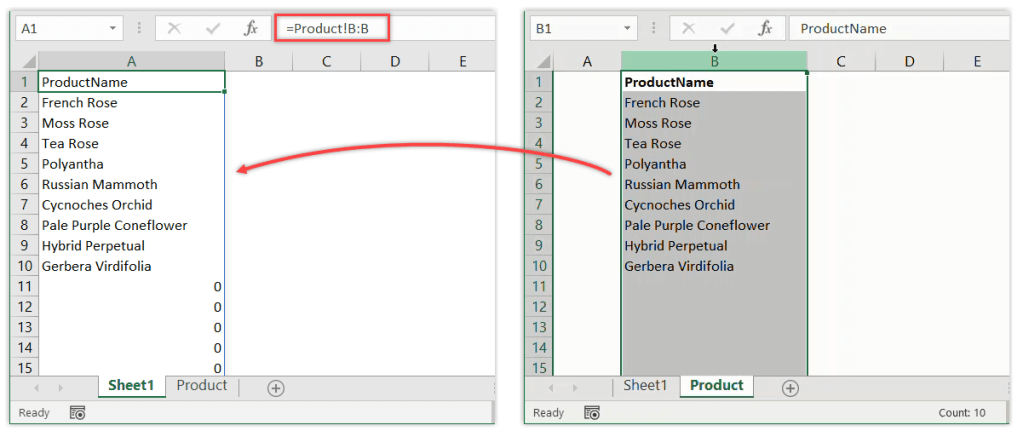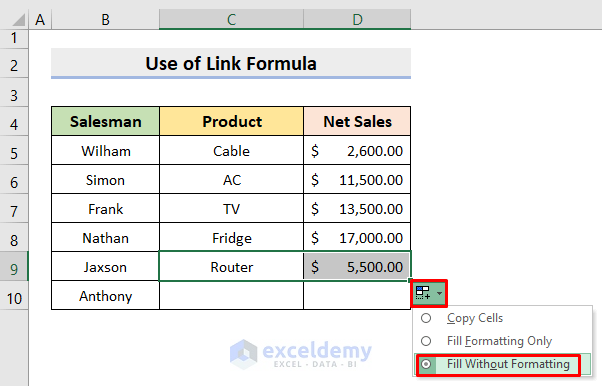Link Excel Sheets Seamlessly: The Ultimate Guide

If you frequently work with multiple Excel spreadsheets, you might have encountered the challenge of maintaining data consistency and updates across these files. Linking Excel sheets is a powerful technique that allows you to keep data synchronized, streamline your work, and enhance productivity. This ultimate guide will walk you through the different methods of linking spreadsheets, from basic to advanced techniques, ensuring you have a comprehensive understanding of Excel's linking capabilities.
Understanding Excel Linking

Linking in Excel refers to creating a dynamic connection between different spreadsheets or even workbooks so that data in one cell is automatically updated when changes occur in the source cell. Here’s why linking is beneficial:
- Efficiency: Reduce repetitive data entry by linking cells or ranges across workbooks.
- Accuracy: Minimize errors since linked data updates automatically.
- Scalability: Large datasets can be managed across multiple files without duplication.
- Collaboration: Team members can work on different parts of a project in separate files, but still have integrated results.
Methods to Link Excel Sheets

Let's explore various methods to link Excel sheets:
1. Basic Cell Linking


The most straightforward way to link cells between sheets:
- Open both the source and destination workbooks.
- In the destination workbook, select the cell where you want the link.
- Type an equal sign (=), navigate to the source workbook, and select the cell you want to link.
- Press Enter. Now, any changes in the source cell will reflect in the destination cell.
⚠️ Note: Ensure the source workbook is always open when updating linked data for automatic updating to work seamlessly.
2. Linking Ranges Using Defined Names

Using named ranges simplifies the linking process, especially when dealing with larger datasets:
- Define a name for a range in your source workbook.
- In the destination workbook, type the formula with the name of the range.
- Example: If the named range in 'Source' is 'Budget', link it with `=Source!Budget`.
3. Dynamic Data Exchange (DDE)

DDE, while less commonly used in modern Excel, can still be employed for real-time data linking:
- Start DDE from the source workbook.
- Use the DDE function in the destination workbook to pull data.
4. External References


External references allow linking from other workbooks without having them open:
- Use the formula `=[Book1.xlsx]Sheet1!A1` to link a cell from 'Book1.xlsx' to your current workbook.
- This method is useful for maintaining privacy or when dealing with large files that aren't opened frequently.
5. Power Query for Data Consolidation

For more complex data manipulation and integration, Power Query offers robust tools:
- Open Power Query, then select the 'Get Data' option.
- Choose 'Excel Workbook', navigate to your source files, and load the data.
- Transform data, link it to other sources, or create tables.
📝 Note: Power Query requires Excel 2013 or later versions, and it's great for merging data from multiple sources.
6. Table References

Excel Tables make data management cleaner and linking more intuitive:
- Convert ranges to tables by selecting data and pressing 'Ctrl+T'.
- Name your tables for easy referencing.
- Link to tables or specific columns in other sheets with formulas like `=SourceTable[@Column1]`.
💡 Note: Tables automatically expand to include new rows, making them ideal for dynamic data sets.
Summary of Key Points

We've covered multiple techniques to link Excel sheets seamlessly:
- Basic cell linking for straightforward data connections.
- Using named ranges to simplify complex references.
- DDE for real-time data updates, though less common now.
- External references for linking without the need to keep source files open.
- Power Query for integrating and manipulating large datasets.
- Excel Tables for intuitive, self-expanding data management.
By mastering these methods, you can ensure your Excel work is not only efficient but also adaptable to changes in data. Whether you're dealing with financial models, tracking inventory, or managing project data, linking sheets can significantly enhance your workflow.
What is the difference between a cell reference and an external reference?

+A cell reference points to another cell within the same workbook, while an external reference links to a cell or range in another workbook.
Can linked data be edited directly in the destination sheet?

+No, changes in linked data must be made in the source file. The destination sheet only displays the linked data.
What happens if the source file is not accessible when I open the destination file?

+If the source file isn’t available, Excel will show
#REF!errors in the destination sheet. You might see a prompt to locate the missing file or update links.